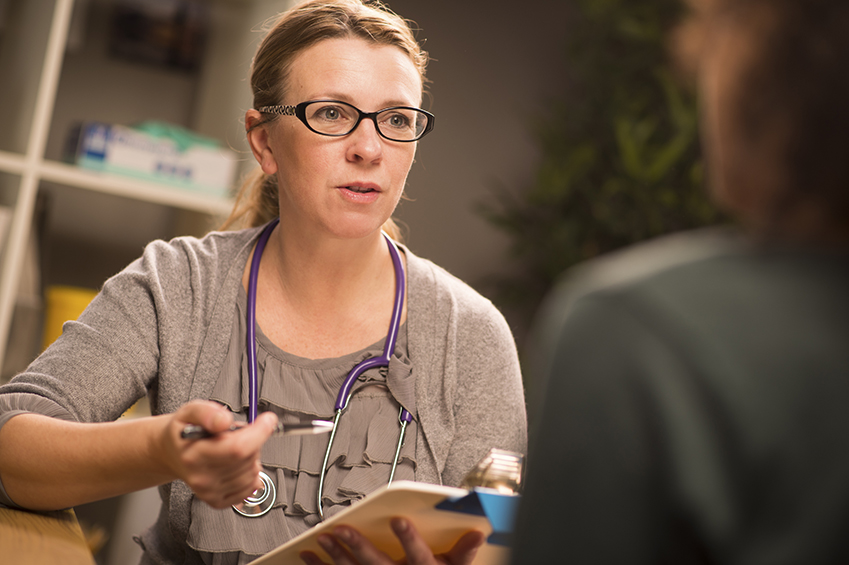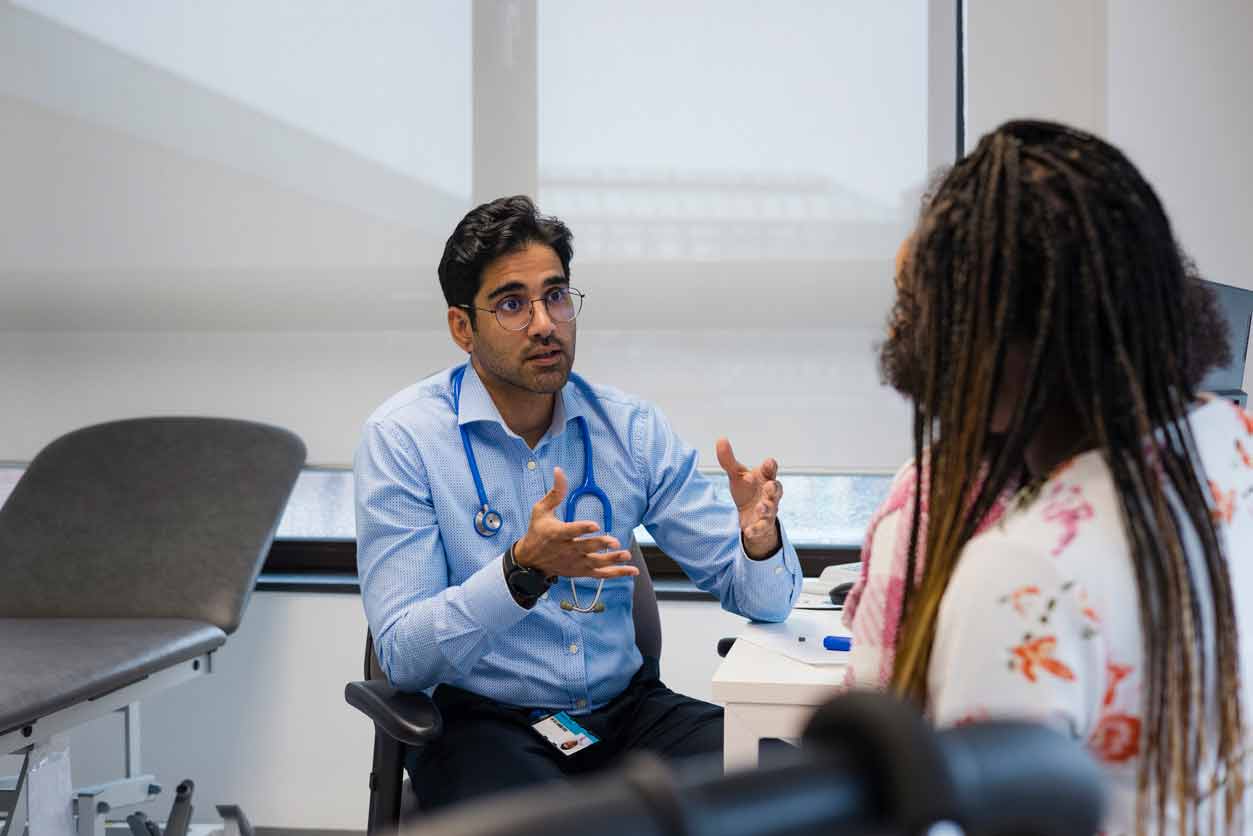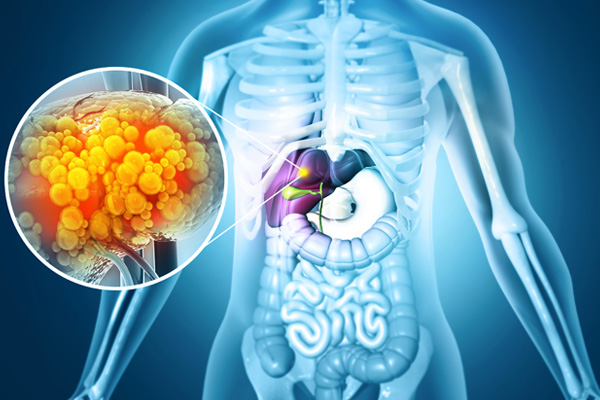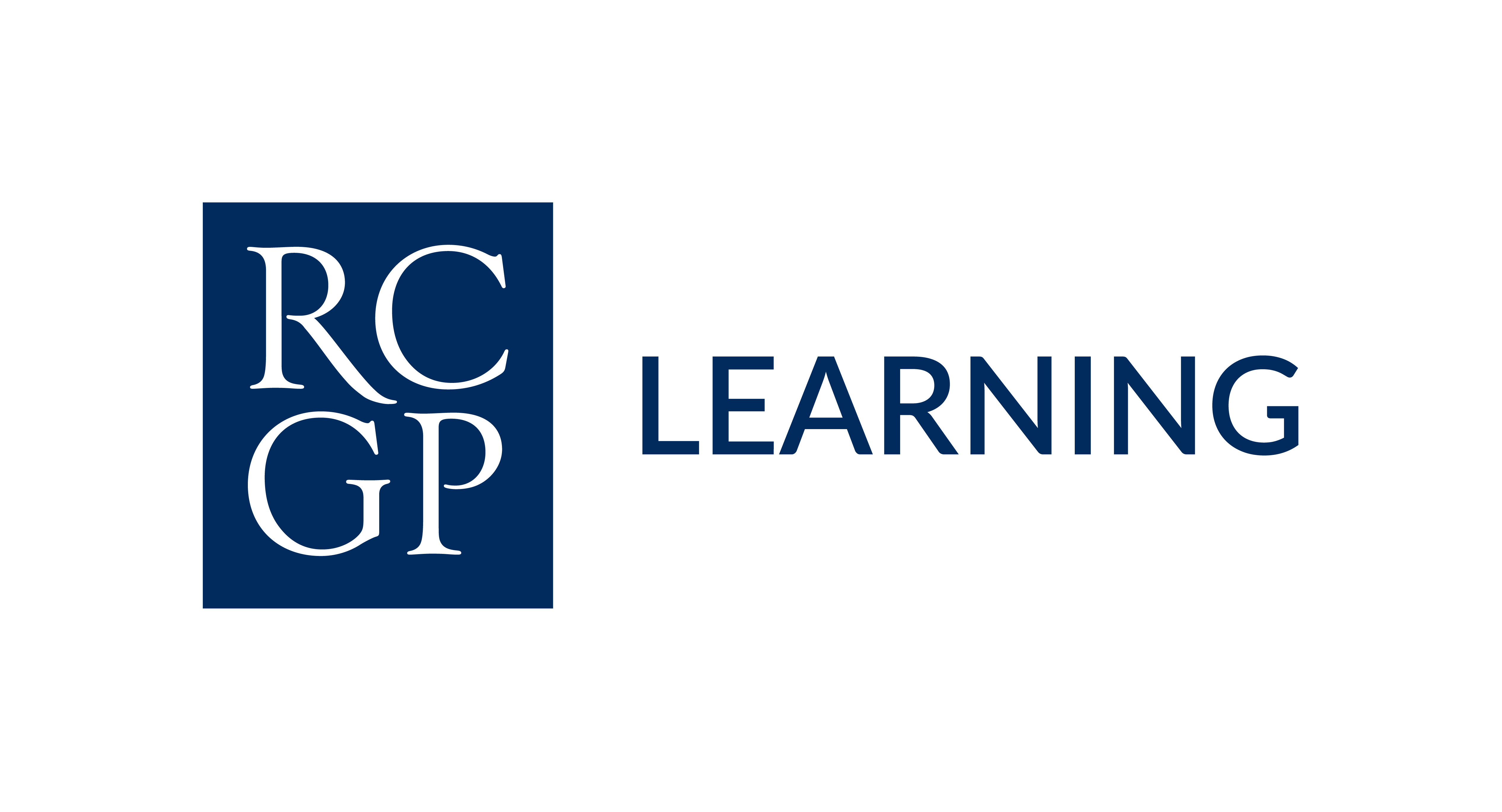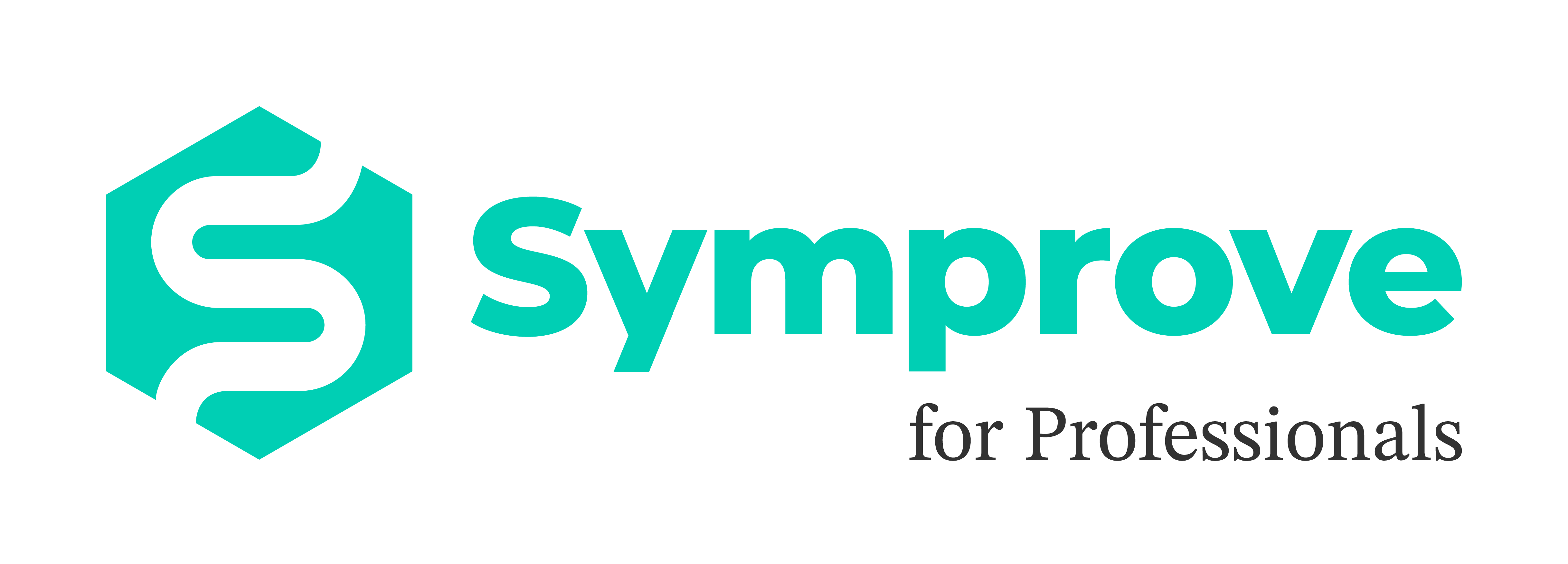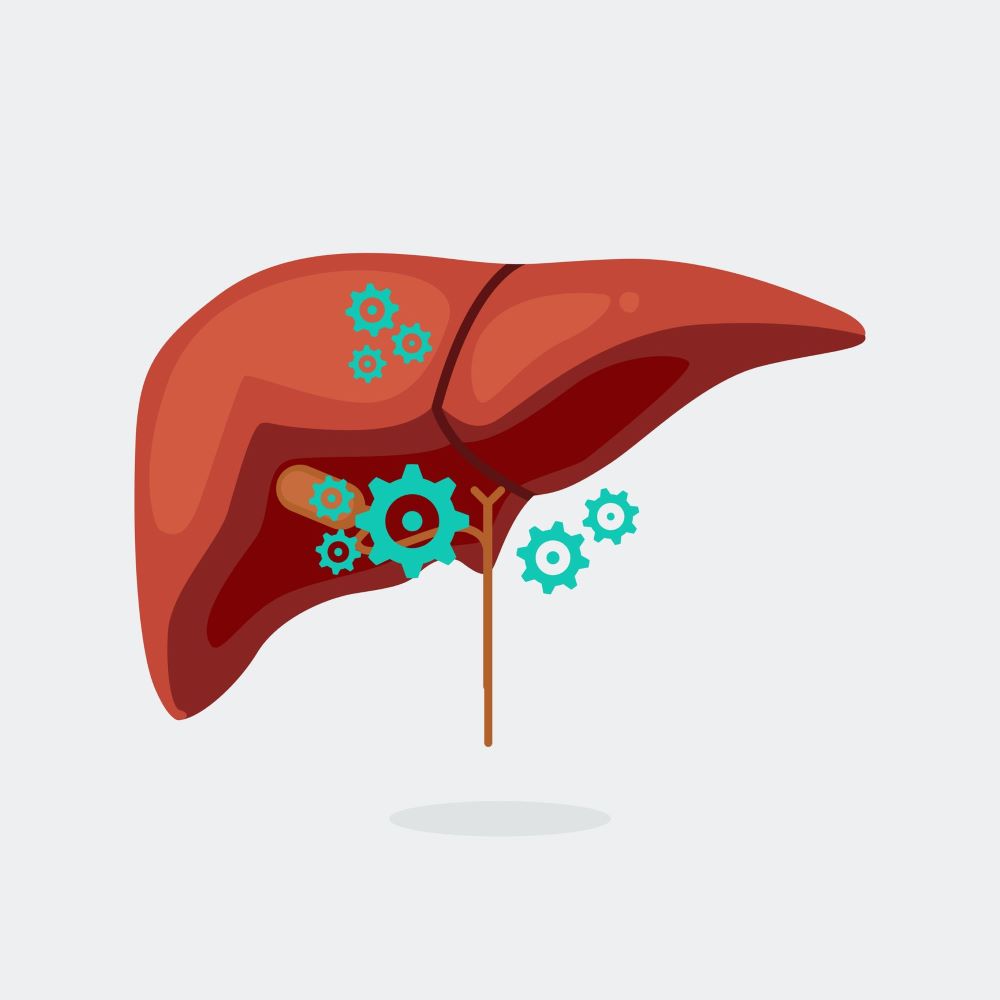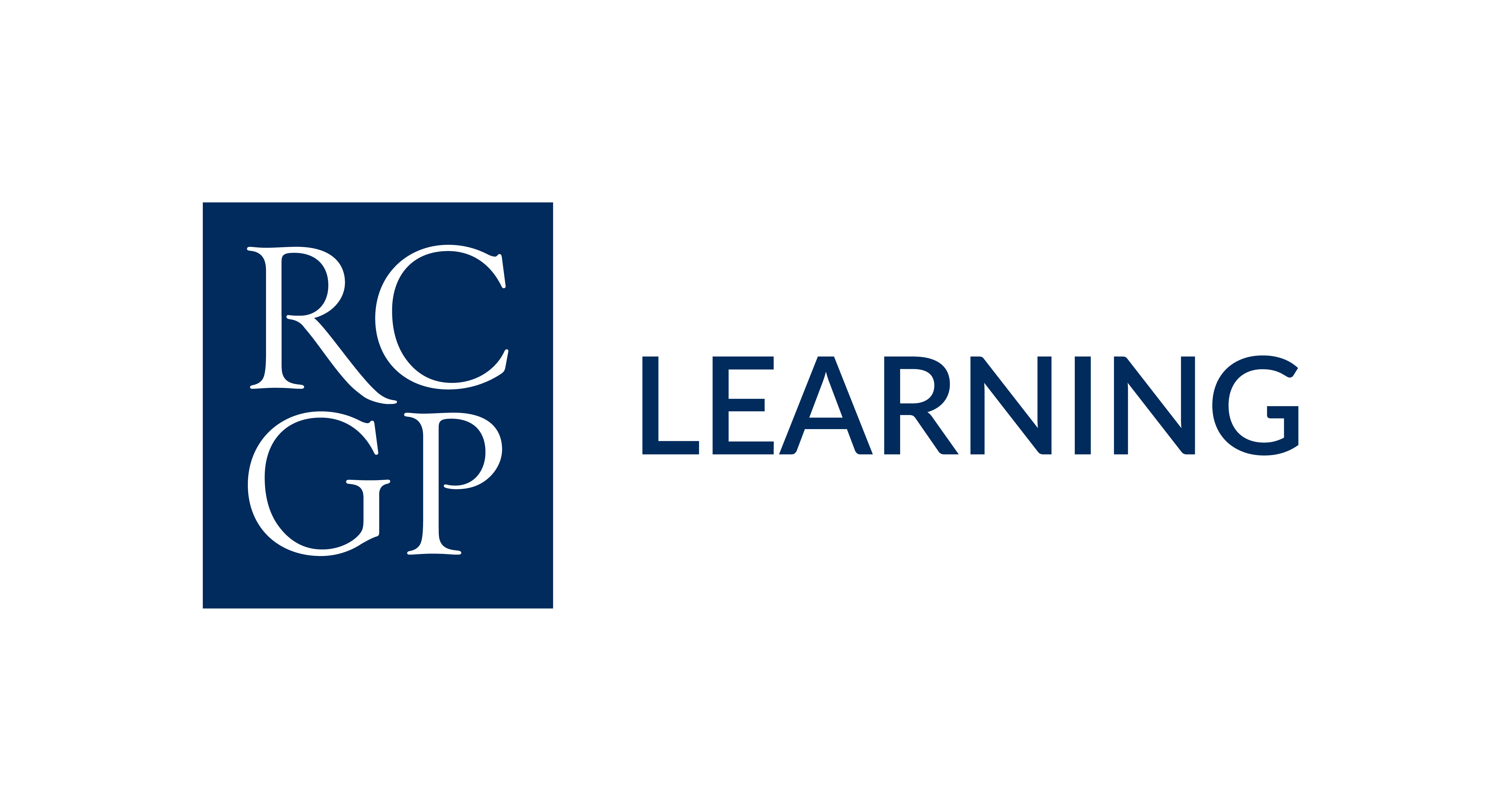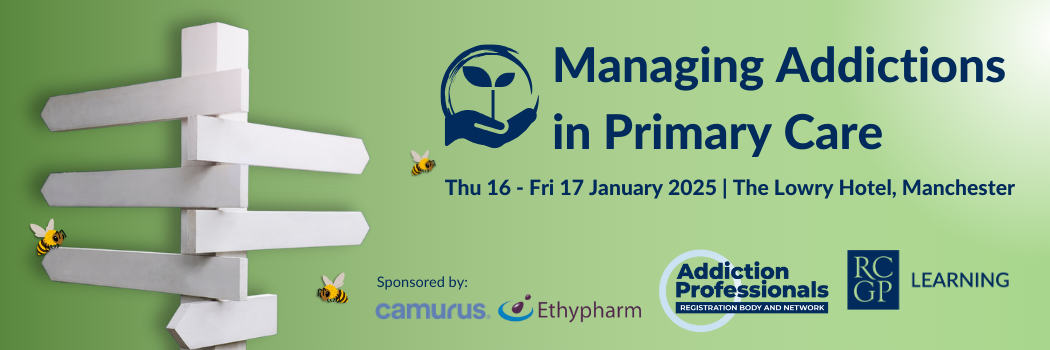The rare diseases hub brings together a collection learning
resources on a variety of conditions which are considered to be ‘rare
diseases’. In the UK and Europe, a rare disease is considered to be one with a
prevalence of less than 1 in 2000 individuals.1 Conditions affecting
the neuromuscular system – in children and adults – predominate, but there are also
two modules on neuroendocrine neoplasms, two on glycogen storage diseases (one
covers hepatic elements, the other muscle issues), a further course on
alkaptonuria (AKU) – also known as ‘black bone disease’, and one on lipoedema.
The introductory course outlines rare disorders and
neuromuscular disorders and gives disease-specific information for some of the
more common neuromuscular disorders. It describes common features and key
differences of a range of neuromuscular conditions as well as importance of
early diagnosis and new emerging therapies. The course also highlights when one
should suspect a neuromuscular disorder and what to do. A companion module
offers a structured approach to assessing children’s motor development and highlights
some key red flags and is accompanied by a screencast on neuromuscular diseases
in childhood – especially Duchenne muscular dystrophy and spinal muscular
atrophy. Education on some conditions is built on, and others introduced, in an
hour of learning. Further conditions covered include Becker muscular dystrophy,
facioscapulohumeral muscular dystrophy, myotonic dystrophy, Charcot-Marie-Tooth
disease, and myasthenia gravis. A screencast on dystonia explores the various
types as well as whether they are pathological in nature and whether they
represent a secondary phenomenon from another condition.
Two modules on motor neurone disease provide a comprehensive
overview of the condition – recognition, referral, and management, with a
primary care focus.
Neuroendocrine neoplasms start in any neuroendocrine tissue.
Most common locations are the gastrointestinal tract, pancreas, adrenal glands,
and lungs. Interestingly, the size of the tumour is not directly related to the
level of hormone hypersecretion. A range of symptoms may be seen, depending on
the tissue type involved. Carcinoid syndrome is caused by the effect of
hormones/peptides hyper-secreted by NENs. Symptoms may include flushing
(potentially triggered by caffeine, alcohol, stress, or exercise), diarrhoea,
wheezing, tachycardia, and telangiectasia.
Glycogen storage diseases (GSDs) are a rare group of
inherited metabolic disorders caused by problems in the use and storage of
glycogen. They mainly affect the liver and skeletal muscles, but other tissues
can be affected, such as the bone marrow, heart, and kidney. Hypoglycaemia and
hepatomegaly are the key features of liver GSDs. McArdle disease is the most
common muscle GSD, and symptoms often occur before the age of 5.
Exercise-induced muscle weakness (reduced strength with ongoing activities –
which is different from a primary muscle weakness or asthenia) should prompt
consideration of GSD as a potential diagnosis, and measurement of serum
creatine kinase (CK) can be helpful in the diagnosis.
Alkaptonuria is caused by an inborn error of metabolism and
can present in the first year of life as black urine. Where this doesn’t
happen, diagnosis is typically decades later – if they receive a diagnosis at
all. Musculoskeletal symptoms predominate, but cardiac, urinary, and skin
features can also occur.
References:
-
European Medical Agency (EMA) (2020) Orphan designation: an overview. View
weblink.



